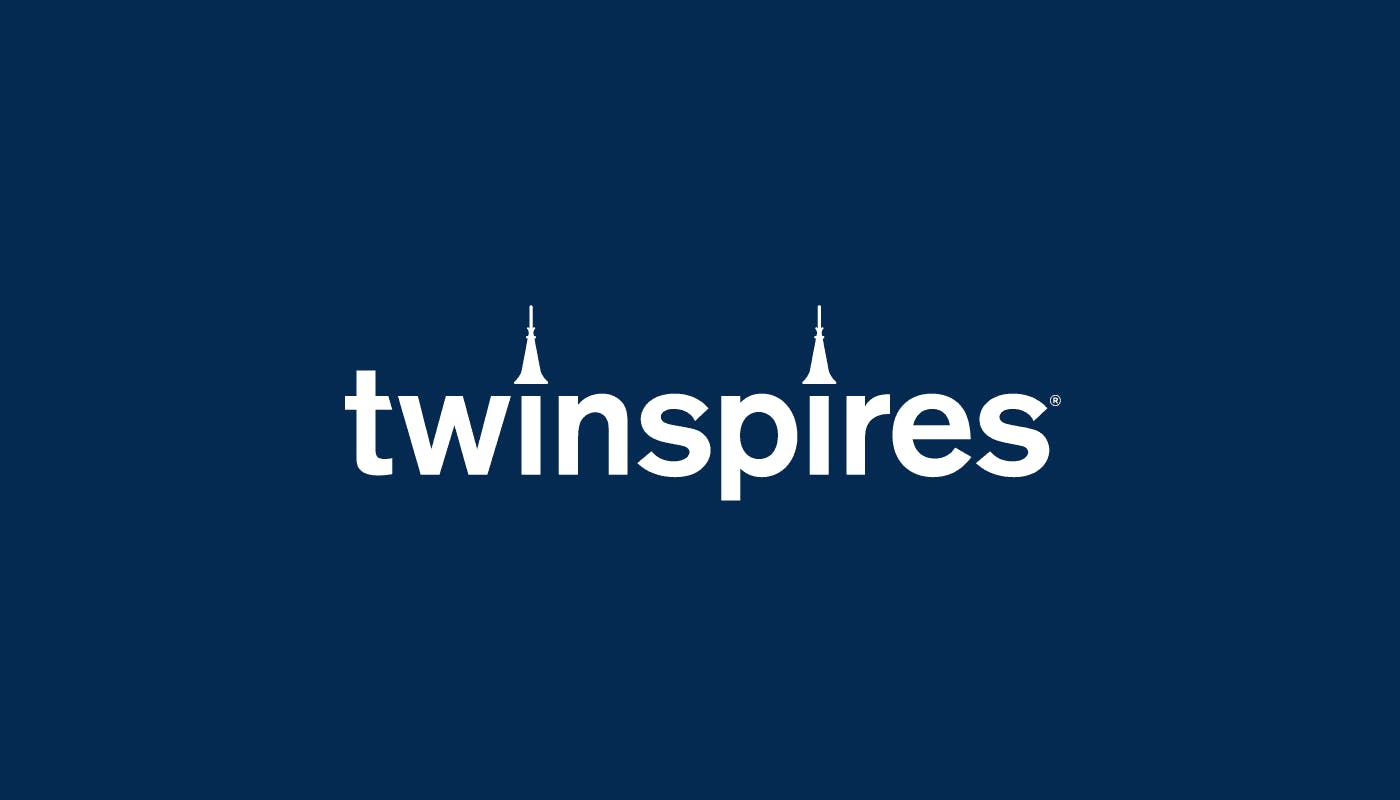Pegasus World Cup future: possible distance change, turf race, greater international involvement

TwinSpires logo
Saturday’s $16 million Pegasus World Cup (G1) isn’t content to rest on its status as the world’s richest race. The Stronach Group’s Chief Operating Officer, Tim Ritvo, discussed future possibilities in an NTRA media teleconference on Monday.
Perhaps the best single takeaway line:
“What you have to do all the time is recreate yourself.”
In that spirit, here are some of Ritvo’s most interesting comments on the Pegasus World Cup, present and yet to come.
Second thoughts about the 1 1/8-mile distance: “That’s one of our biggest issues,” Ritvo freely admitted.
With a short run into the first turn at Gulfstream Park, horses drawn toward the outside of the 12-horse field are at a major disadvantage, a concern that needs to be addressed in a race of this magnitude. For top-class horses, whose connections are stumping up $1 million to enter (or strike a deal with The Stronach Group to run, as outlined below), a poor post position undermines their chances – and their investment.
The original idea behind the nine-furlong trip was to lure top milers to stretch out, but that’s “definitely not as valuable as people complaining about getting (posts) 10, 11, or 12.”
One solution is to lengthen the Pegasus to 1 3/16 miles, or even 1 1/4 miles.
“Maybe next year the distance definitely has to be looked at,” Ritvo revealed.
Extending the run-up for Saturday’s edition? In the meantime, to give slightly more breathing space into that first turn, officials are considering extending the run-up from the usual 60 feet.
“There has been talk of backing it up to a 100-foot run-up.”
Ritvo emphasized this decision would be made in advance of the draw, and the track would notify everyone ahead of time. That way they’d avoid the appearance of changing the run-up to benefit any particular horse who draws outside.
Buying spots in the Pegasus starting gate: Nine of the 12 available spots were purchased by the December 15 deadline, and The Stronach Group bought the three leftovers.
“One of the smartest moves we made,” Ritvo said of the company’s securing the final three spots.
Those who didn’t secure a spot before the deadline now had to work out terms with The Stronach Group, and “they didn’t get as good a deal as the guys who signed up” in time.
If a latecomer to the party finishes in the top three, his connections would have to share 50% of their horse’s Pegasus earnings with the nine original stakeholders, minus the $1 million entry fee. So if one of the three using a Stronach Group spot – e.g., Fear the Cowboy, Giant Expectations, or War Story – were to take the $7 million winner’s prize, his connections would keep $3 million and the remaining $3 million (after subtracting the entry fee) would be awarded to those who had bought a spot themselves.
Thus Ritvo sees the development as “maybe a turning point for next year,” with connections perhaps being more willing to step up in advance so they’ll have the opportunity to reap the full rewards.
Exploring the Santa Anita option and the Laurel turf: Although officials have thought about a change of venue to Santa Anita, there’s more interest in creating (or revamping) another race than transferring the Pegasus.
“There’s been some discussion” of moving the Pegasus to Santa Anita – “internally it bounces back and forth,” Ritvo said, adding that it would “make all the business sense in the world.”
But Belinda Stronach, Frank’s daughter who serves as the Chairman and President of The Stronach Group, advocates keeping the Pegasus at Gulfstream because it’s already “becoming a big Miami event,” an “iconic event.” And as Ritvo mentioned, there’s also the matter of the giant Pegasus statue.
Santa Anita’s instead in the mix as a possible venue for a sister race. Citing the “huge transformation to turf racing in North America,” Ritvo commented on the allure of adding a Pegasus-style turf race to the menu, either on Pegasus Day or another.
Most tantalizingly for fans old enough to remember the glory days of the Washington DC International, the Stronach Group is mulling whether to raise the profile of Laurel’s signature turf race in this way. If so, it would become a lucrative stepping stone to the Breeders’ Cup. That takes on even greater significance in light of Tuesday’s news in the Baltimore Sun: Laurel’s submitted a formal proposal to stage a future Breeders’ Cup.
Attracting international horses: So far the Pegasus hasn’t drawn much of the world to its World Cup, with just a single international interest in each of its first two runnings. Jim McIngvale imported Argentina’s Eragon last year, and without sufficient time to acclimate, he trailed home a long-way last. British shipper Toast of New York is entitled to do considerably better on Saturday, but officials obviously want the Pegasus World Cup to live up to its name.
Accordingly, Ritvo and The Stronach Group’s Mike Rogers have traveled to Japan and Hong Kong in hopes of attracting participants. There was “more serious interest this year” than for the inaugural, and Ritvo believes that the 2019 running could well feature “a horse or two” from the Far East.
Eragon’s experience is unlikely to persuade South American involvement, but officials continue to cultivate relationships there. Ritvo forecasts greater chance of participation “once we do a grass race.”
The vision is to have “soccer-game kind of cheering” from international fans on hand to watch their equine compatriots represent their countries.
So as dynamic as the Pegasus has already been in its first two years, there’s much more in store.
ADVERTISEMENT



